by Emily Flemming, MNA Director of Operations
Document Retention: More than just the papers piling up on your desk
You probably know that there are legal statutes and requirements identifying important documents and how long an organization has to keep them. You probably also have filing cabinets and boxes in storage where accumulated documents are collected.
But does your policy address the documents stored electronically? The volume of electronically stored information is increasing by an average of 23% per year, and these documents are also subject to record retention requirements.
These electronic records are important for the same reason paper records are important—legal requirements, sure, but also for efficiency and business continuity. If your default retention system is to store documents online, you may want to revisit your policy and ensure that you’re not going to struggle to locate essential items on your shared drives or individual computers. It’s also recommended to pay particular attention to what parts of your business are conducted via email, and to determine if those records need to be saved in a central location that would be accessible by all parties who would need the information (not just in the sender’s inbox). This also provides a good opportunity to verify that nothing is said over email that could harm the organization as well—we’ve certainly seen emails get pulled in to court proceedings!
Nonprofits, like other businesses, need to keep records of services provided, employees, financial affairs, corporate operations, and previous claims and lawsuits. Nonprofits in particular also need to retain and make available their IRS Form 1023 (permanently) and the organization’s Form 990 or 900 EZ (for a seven year minimum).
The Better Business Bureau has made a records retention schedule available here. Don’t forget that destroying documents after the appropriate amount of time is also part of a good record retention policy—maybe it’s time to clean out some cabinets!
Additional Resources:
Top 5 Email Retention Best Practices
A Beginner’s Guide to Record Retention
If you are an MNA member with a specific question about nonprofit leadership and management, contact MNA for research and assistance as part of your membership benefits.
If there’s an issue or concern impacting your organization, email us at [email protected] for help!


